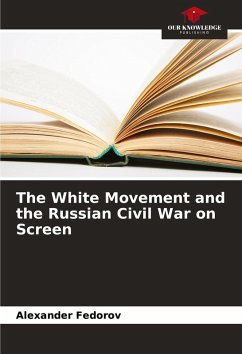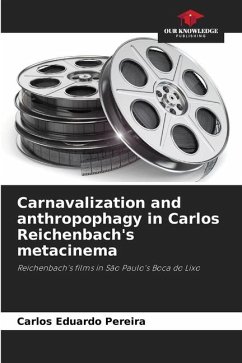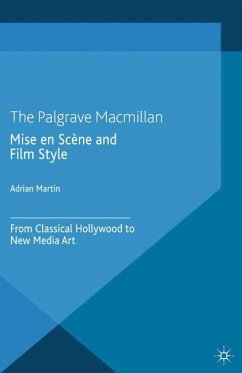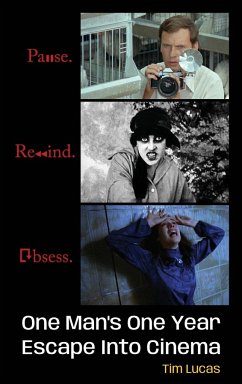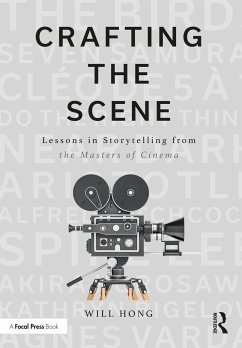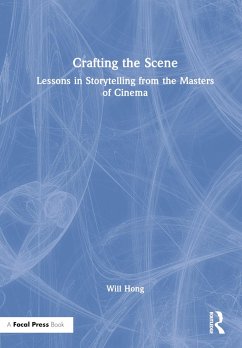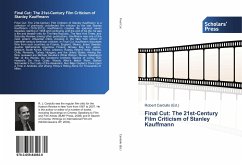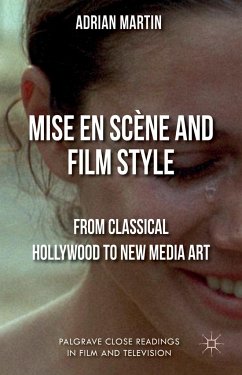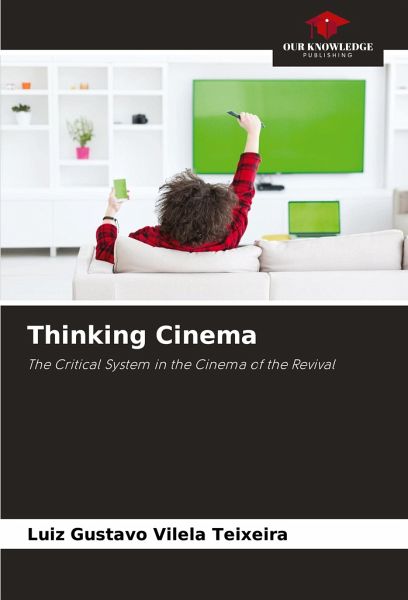
Thinking Cinema
The Critical System in the Cinema of the Revival
Versandkostenfrei!
Versandfertig in 6-10 Tagen
47,99 €
inkl. MwSt.

PAYBACK Punkte
24 °P sammeln!
If criticism is any reflection on a work of art, starting from that same work to generate relations of meaning that interfere in the enjoyment of those who interact with it, its impact and dimension as a promoter of crisis is obvious. With this idea in mind, this work delves into the critical production of contemporary Brazilian cinema, known as the Retomada, in order to analyse how cinematic reflection is structured. By choosing three films with strong metalinguistic articulation, it will be possible to see how the discourse on cinema manifests itself in their respective reviews. By analysing...
If criticism is any reflection on a work of art, starting from that same work to generate relations of meaning that interfere in the enjoyment of those who interact with it, its impact and dimension as a promoter of crisis is obvious. With this idea in mind, this work delves into the critical production of contemporary Brazilian cinema, known as the Retomada, in order to analyse how cinematic reflection is structured. By choosing three films with strong metalinguistic articulation, it will be possible to see how the discourse on cinema manifests itself in their respective reviews. By analysing these texts, this work seeks to understand how critical thinking manifests itself and perceives cinema.





